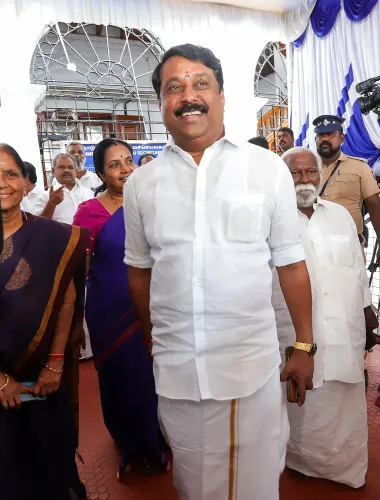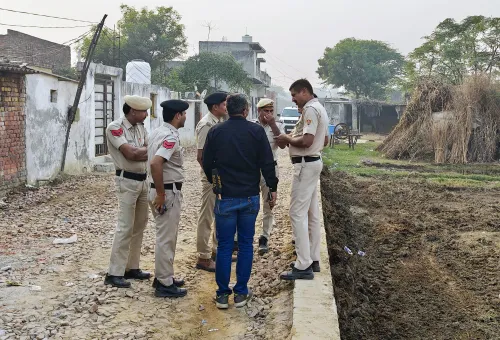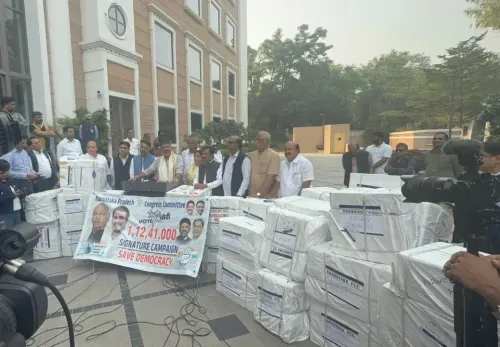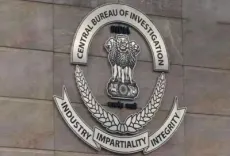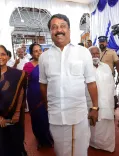Did the SC Order JPSC to Reassess ST Candidate's Medical Exam?
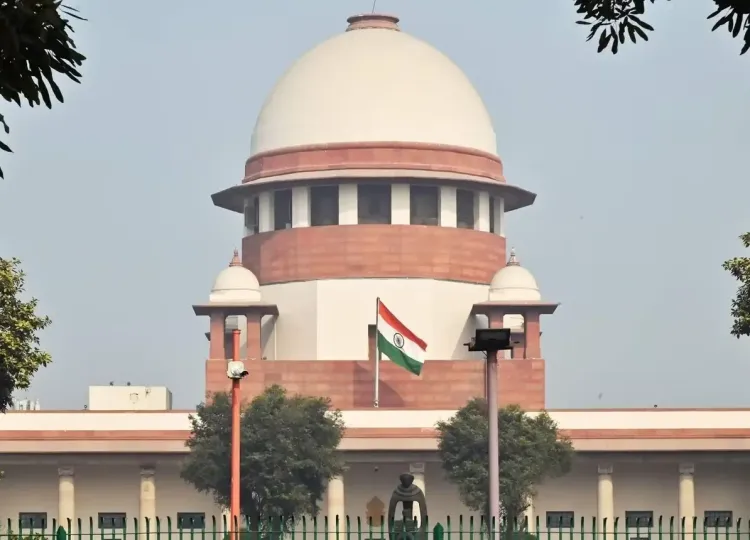
Synopsis
Key Takeaways
- The Supreme Court ordered a new medical exam for a Scheduled Tribe candidate.
- Confusion in notifications led to the candidate's exclusion from selection.
- The court highlighted the need for clarity in governmental instructions.
- Procedural hurdles should not hinder justice for marginalized communities.
- The ruling underscores the government’s duty as a model employer.
New Delhi, Sep 24 (NationPress) The Supreme Court has mandated the Jharkhand Public Service Commission (JPSC) to perform a new medical examination for a candidate from the Scheduled Tribe who was excluded from selection in the state civil services due to a misunderstanding in the notification.
A panel comprising Justices Vikram Nath and Sandeep Mehta permitted a special leave petition (SLP) presented by Shreya Kumari Tirkey, contesting the decision of the Jharkhand High Court which upheld the JPSC's rejection of her candidacy.
The court acknowledged that the petitioner, Tirkey, successfully cleared every stage of the examination process – including prelims, mains, and the interview – yet did not attend the medical test, mistakenly thinking that the interviews and document verification ended on May 16, 2022, and anticipated her medical exam on May 17, 2022.
According to the JPSC’s advertisement, the interviews were held from May 9-16, 2022, with medical tests set for the following day at Sadar Hospital, Ranchi.
“The phrasing ‘medical examination of the candidates participated in the interview is fixed for next day’ creates legitimate uncertainty regarding the expected date for the candidate's appearance,” the court remarked.
The Supreme Court emphasized that the lack of clarity in the guidelines should not lead to such an unfair consequence.
“Medical examinations are conducted solely to evaluate a candidate's physical fitness for the job, and not to assess their merit. Thus, we cannot comprehend why the appellant would deliberately skip the medical exam and face such severe repercussions in this instance,” it stated.
“Even if we presume that the appellant was negligent in being unavailable for the medical examination as per the schedule, she should be treated more leniently,” it added.
In its ruling, the Supreme Court, underscoring the government’s role as a model employer, remarked: “To fulfill the constitutional promise of uplifting marginalized communities, such procedural barriers should not be employed to inflict further hardship and injustice. The intent is upliftment, not devising means to reject them at the outset.”
The Supreme Court instructed the JPSC to arrange a fresh medical examination for the petitioner, stating, “If the appellant successfully passes the medical examination, we further direct the respondents to create a supernumerary position for her appointment.”
The panel concluded that the petitioner would receive continuity of service from the date the last selected candidate commenced following the selection process, though she would not be entitled to back wages.


